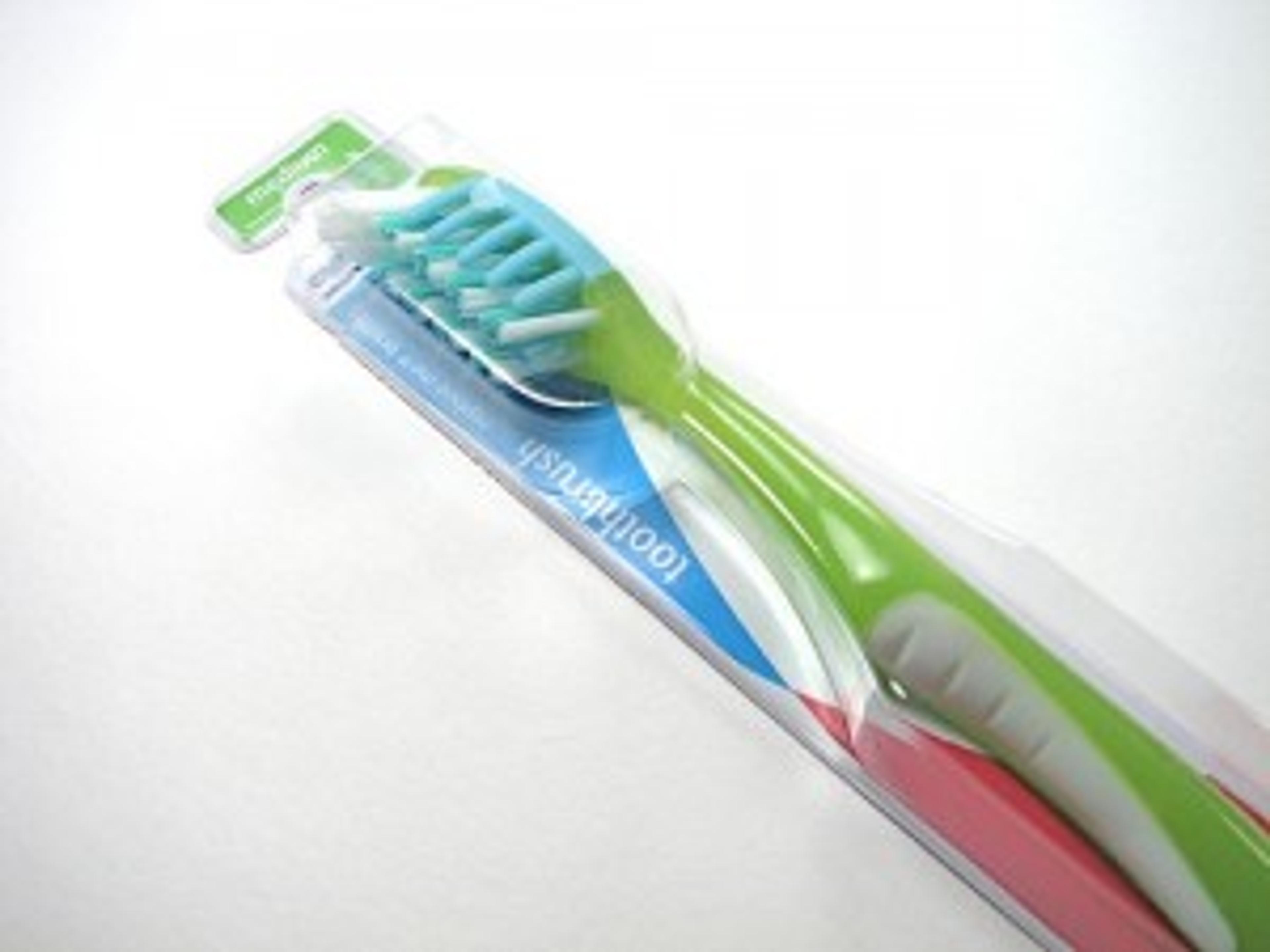Starting to feel sick? It may be time to change your toothbrush

Dr. Gary Vance
| 1 min read

It’s that time of year again when the temperature starts to drop; germs spread and most of us inevitably get sick. I’m sure you’ve tried almost everything: eating healthy, getting plenty of rest, staying hydrated, using hand sanitizer, but in the end nothing seems to work. Have you ever thought switching your old toothbrush with a new one could help you stay healthy this winter?
According to the American Dental Association (ADA), when your toothbrush sits out in the air it can trap microorganisms in the bristles. Then when you brush your teeth, the bacteria can easily enter your mouth and nestle between your teeth. In some cases, these microorganisms can be the catalyst to the cold you just can’t seem to shake. Take extra precaution with your toothbrush when you already have a cold or are sick by throwing it away and getting a new one. Even after you’ve recovered from a bug, some of those germs that made you sick can attach to the toothbrush and stay there.
To help prevent illness this time of year, the ADA recommends changing your toothbrush every three to four months to maintain a healthy mouth or more often if you come down with a cold. For more information on healthy brushing habits, please visit the ADA website.





